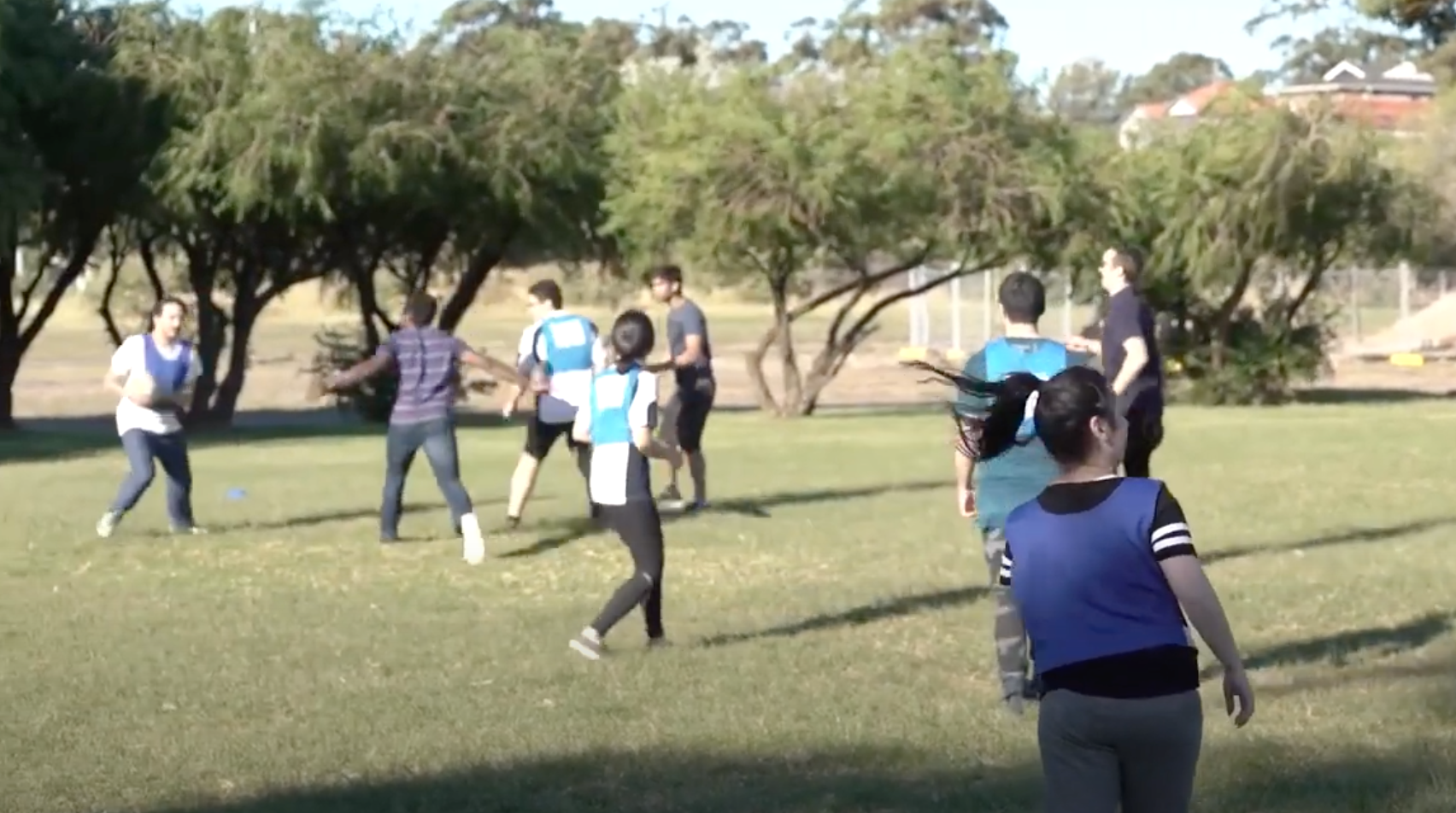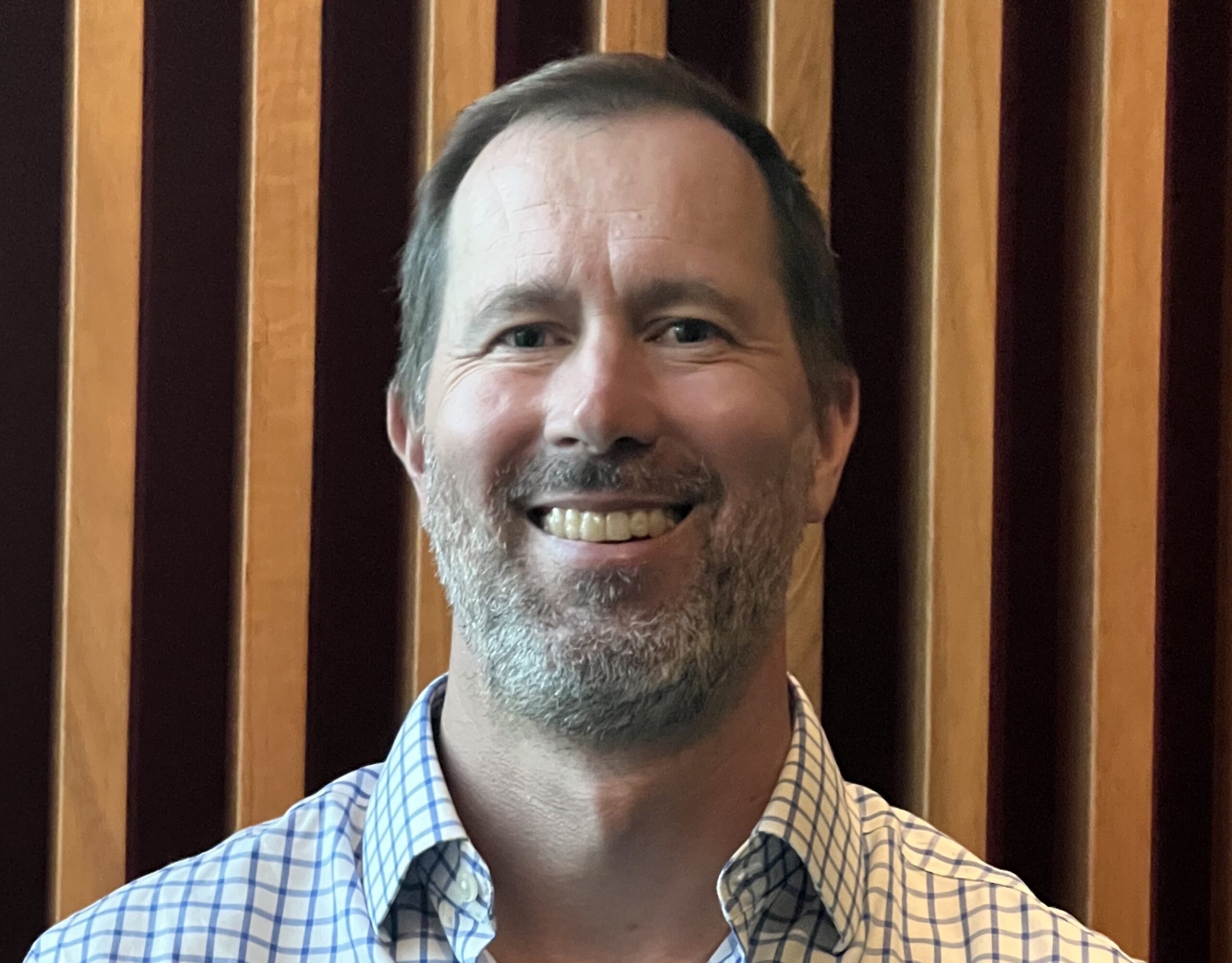Keeping the Body in Mind(gardens): Resources


Andrew Watkins
Andrew Watkins
Director of Programs and Innovation

Andrew Watkins
Director of Programs and Innovation
Andrew has over 20 years of mental health clinical experience in public mental health services. He is a nurse practitioner who specialises in severe mental illness particularly early psychosis.
Andrew co-developed and led the Keeping the Body in Mind program designed to improve metabolic health outcomes for people taking psychotropic medication with lifestyle interventions and health coaching. He has developed several other programs including a youth mental health intervention and online health coaching program.
Andrew completed his PhD on ‘Addressing the barriers to improve metabolic health care for people experiencing severe mental illness.’ He is the recipient of multiple clinical and research awards and is a strong advocate of translational research. In his Director of Programs and Innovation role with Mindgardens Neuroscience Network Andrew oversees all clinical programs and research within Mindgardens operations.
People living with complex mental health disorders like schizophrenia and bipolar disorder tend to die prematurely; on average, 10 to 15 years earlier than the general population. This is mainly attributable to physical health conditions that often develop as side effects of antipsychotic medications.
Given these alarming statistics, it is crucial to integrate comprehensive physical health care for people with severe mental illness, including addressing dietary habits, promoting physical activity, and helping people to quit smoking. When these issues are effectively addressed, they can have a profound impact on both the physical and mental health of people living with severe mental illness.
The KBIM(Gardens) suite of physical health resources has been created to assist clinicians and consumers to address physical health conditions associated with severe mental ill health and its treatment.
They include:
- Updated decision guides to help mental health clinicians determine when and how to intervene to support patients’ physical health
- Training videos for mental health clinicians about nutrition, physical activity and tobacco treatment
- Resources for consumers to set goals and monitor their progress in multiple physical health domains
Implementing support programs that focus on improving diet and exercise can help people develop healthier lifestyles, which not only contribute to better physical health but also have a positive impact on their mental well-being. Regular exercise has been shown to reduce symptoms of depression and anxiety, improve cognitive function, and enhance overall mood and self-esteem. Similarly, adopting a nutritious diet can provide the necessary nutrients for physical health while also positively influencing mental health outcomes.
Targeted support for smoking cessation is also vital, as smoking rates among people with mental health conditions are significantly higher compared to the general population. By offering tailored support programs, access to nicotine replacement therapies, and behavioural interventions, healthcare providers can help people with severe mental illness quit smoking. This can significantly reduce the risk of developing smoking-related diseases, enhance cardiovascular health, and improve overall life expectancy.
Reducing and quitting smoking improves cognitive function and mood, and reduces negative mental health symptoms. It can also reduce the required dose of antipsychotic medication, reducing medication side-effects.
Learn more about the Keeping the Body in Mind(gardens) nutritional aspect, here: Keeping the Body in Mind(gardens) training video: Nutrition (youtube.com)
Learn more about the Keeping the Body in Mind(gardens) physical activity aspect, here: Keeping the Body in Mind(gardens) training video: Physical Activity (youtube.com)
Project Status
This project is ongoing, with Mindgardens actively exploring opportunities to rollout nation-wide clinician training and education for the resource package.
Funding Sources
- NSW Mental Health Commission
- Mindgardens Neuroscience Network
Keeping the Body in Mind: Vaccines
Keeping the Body in Mind: Primary Care
Addi Moves: Exercise for People from Refugee and Asylum Seeking Backgrounds
Keep Quitting in Mind: Smoking & Vaping Support
Keeping the Body in Mind(gardens): Resources
Interested to hear more?
Do you want to learn more about past or present Mindgardens work?
"*" indicates required fields
Brings together the strengths of four founding organisations




